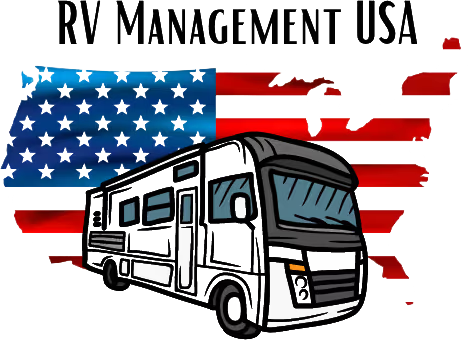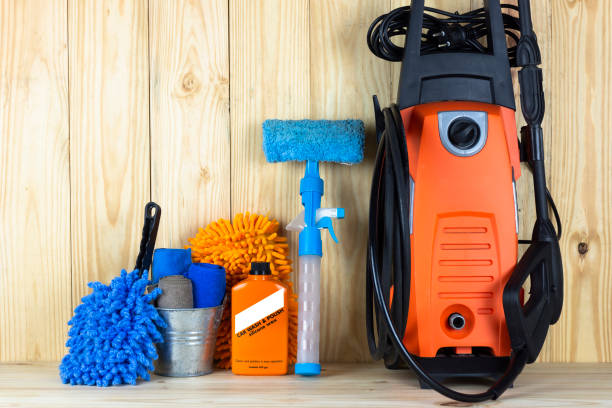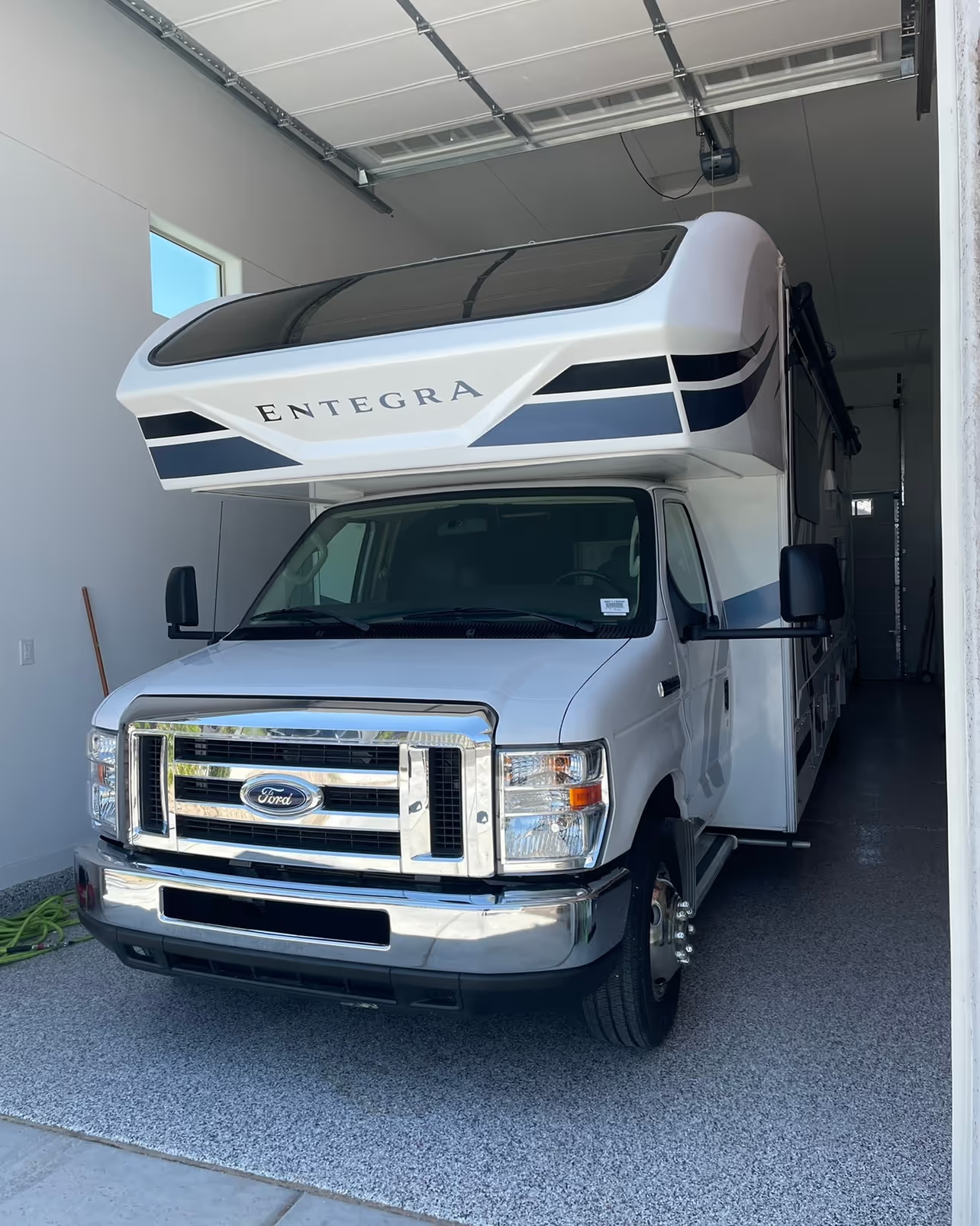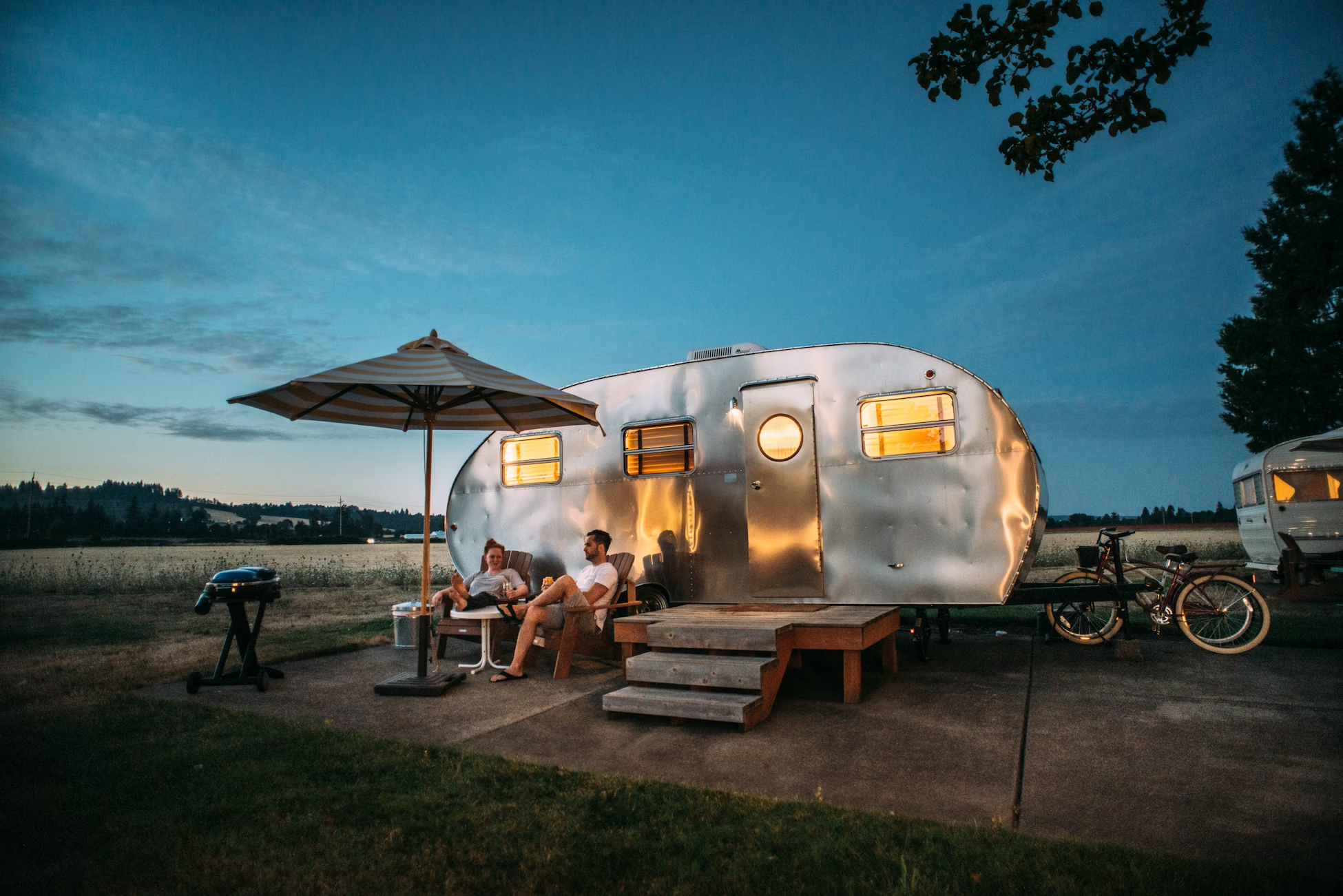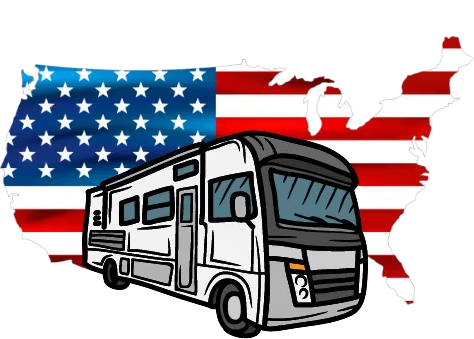When you rent out your RV, you're not just sharing a vehicle—you're sharing responsibility. Safety isn’t a nice-to-have. It’s a non-negotiable.
As an RV owner, you want peace of mind that your rig is roadworthy, compliant, and safe for every guest who steps inside. You also want to make sure that any safety lapses don’t come back to you as a legal or financial liability.
That’s where a structured rental management program—like RV Management USA—makes all the difference. Safety isn’t left to chance. It’s built into the process, from pre-trip checklists to post-trip inspections and everything in between.
This article outlines how RV safety should be handled within a rental management program, what you need to know as an owner, and the systems that ensure your RV runs smoothly—and legally—on every trip.
Table of Contents
- Why RV Safety Matters More Than Ever
- Pre-Rental Inspections: Catching Issues Before They Become Incidents
- Ongoing Maintenance Standards
- Renter Safety Education and Briefings
- Safety Equipment Every Rental RV Should Have
- Legal and Insurance Implications of Neglecting Safety
- How RVM Embeds Safety into Every Trip
- Final Thoughts
Why RV Safety Matters More Than Ever
In a world of rising liability and growing consumer expectations, safety isn’t optional—it’s foundational. When your RV is out on the road, it’s representing you, whether you're the one behind the wheel or not.
Accidents, system failures, or injuries caused by poorly maintained equipment can expose you to:
- Personal liability claims
- Insurance denial
- Negative reviews and lost income
- Legal action for negligence or non-compliance
That’s why the best RV rental programs don’t just encourage safety—they require it. A professional system ensures every trip is safe for guests, safe for the road, and safe for you as the owner.
Pre-Rental Inspections: Catching Issues Before They Become Incidents

A comprehensive pre-rental inspection is your first line of defense. This isn’t just about checking tire pressure—it’s about verifying that every core system is operational and that no maintenance items are overdue.
A thorough pre-trip safety checklist typically includes:
- Tire tread, pressure, and condition
- Brake function and brake light inspection
- Turn signals, headlights, and hazard lights
- Hitch and stabilizer checks (for trailers)
- Slide-out mechanisms and seals
- Propane system and leak test
- Smoke, CO, and LP gas detector tests
- Water, sewer, and electrical system integrity
- Fire extinguisher presence and readiness
At RV Management USA, these checks are done by your local Territory Manager before every rental. Photos, reports, and signatures are stored in your file, providing a paper trail that proves due diligence.
Ongoing Maintenance Standards
Safety doesn’t stop with inspections—it requires ongoing preventive maintenance. If your RV isn’t regularly serviced, small issues can snowball into expensive or dangerous situations.
Key areas to keep on a maintenance schedule:
- Brakes: Inspected every 3–6 months depending on use
- Tires: Replaced every 5–6 years or as needed
- Seals and caulking: Inspected for water intrusion every quarter
- HVAC and appliances: Tested between trips
- Battery and generator: Charged and maintained
- Propane system: Leak-tested and certified annually (as required in many provinces/states)
The RVM model includes routine maintenance coordination by your Territory Manager, who keeps the RV in rental-ready condition and ensures issues are addressed proactively—not after a guest calls mid-trip.
Renter Safety Education and Briefings
Even the safest RV can become a liability if the renter doesn’t know how to operate it.
Every rental should include a renter walkthrough or orientation briefing to cover:
- Driving precautions and blind spots
- Weight limits and towing capacity (if applicable)
- Proper use of propane and water systems
- Generator operation and electrical awareness
- How to dump tanks safely and hygienically
- What to do in case of emergency
At RVM, guests receive a guided walkthrough in-person and sign off acknowledging that they’ve been shown how to safely operate the unit. This protects both the guest and the owner in the event of a claim or dispute.
Safety Equipment Every Rental RV Should Have
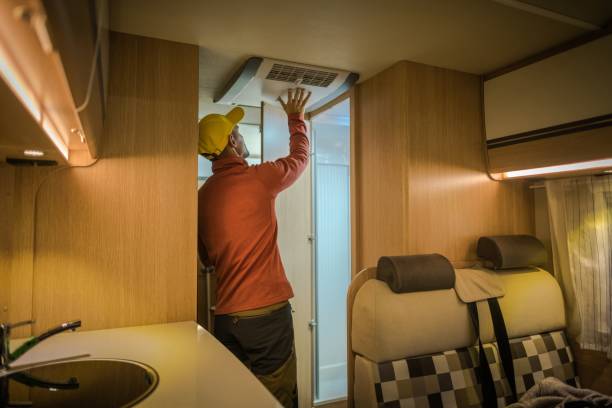
Certain items aren’t just useful—they’re required for legal and insurance compliance. Make sure your RV is stocked with:
- At least one fire extinguisher (charged and accessible)
- Working smoke and carbon monoxide detectors
- An LP gas detector
- A first aid kit
- A tire pressure gauge and jack
- Reflective triangles or flares for roadside emergencies
- Wheel chocks and leveling blocks
- Surge protectors and safe extension cords for hookups
Some rental platforms may also require backup cameras or GPS tracking devices to improve both safety and recoverability in case of theft.
Legal and Insurance Implications of Neglecting Safety
Safety isn’t just about doing the right thing—it’s about limiting your liability. If an RV-related injury or accident occurs and it's discovered that the unit was unsafe, you could face:
- Insurance denial for improper upkeep
- Civil liability claims for injuries or property damage
- Loss of revenue from negative reviews or platform penalties
- Legal trouble if the unit doesn’t meet road safety compliance
That’s why professional oversight and detailed recordkeeping aren’t just smart—they’re essential.
RVM maintains inspection records, mileage logs, and renter agreements on file, ensuring everything is documented in case of an insurance claim or dispute.
How RVM Embeds Safety into Every Trip

At RV Management USA, our Territory Managers ensure that safety is part of the process—not an afterthought. Here's how we do it:
- Pre- and post-trip inspections performed by trained Territory Managers
- Maintenance coordination to keep RVs compliant and road-ready
- Renter briefings and documentation to reduce user error
- Damage detection and repair tracking
- Integrated commercial insurance to back you in case of incident
- 24/7 renter support in case of emergencies or breakdowns
Our goal is simple: make RV rental worry-free for you and safe for your renters. You earn income, and your RV stays in good hands—with systems in place to protect everyone involved.
Final Thoughts
RV safety isn’t optional—it’s essential to protecting your vehicle, your income, and your peace of mind. Whether you’re renting to family road trippers or seasoned travelers, your job as the owner is to make sure your RV is both ready and safe—before it ever hits the road.
With a program like RV Management USA, safety is built into every step—from daily inspections to long-term maintenance, renter briefings, and insurance coverage. It's one more reason why more RV owners are choosing our RV rental management program over doing it all themselves.
– RVM Team
